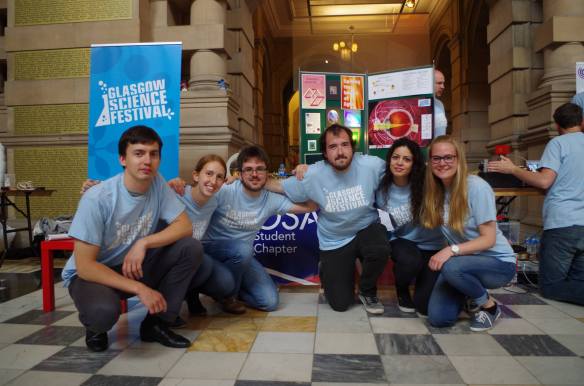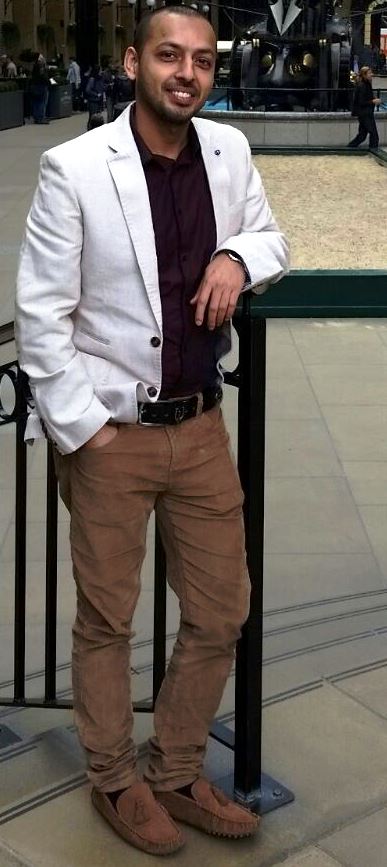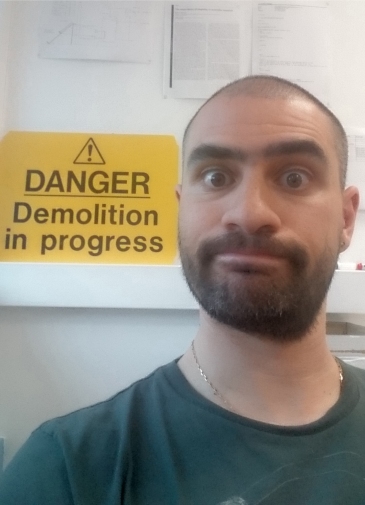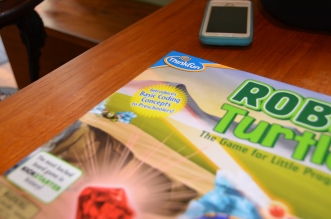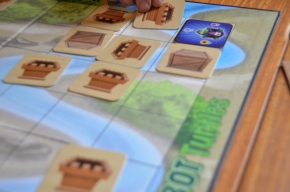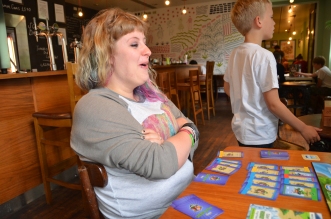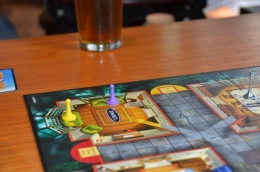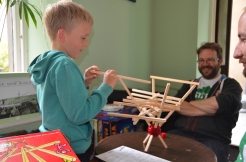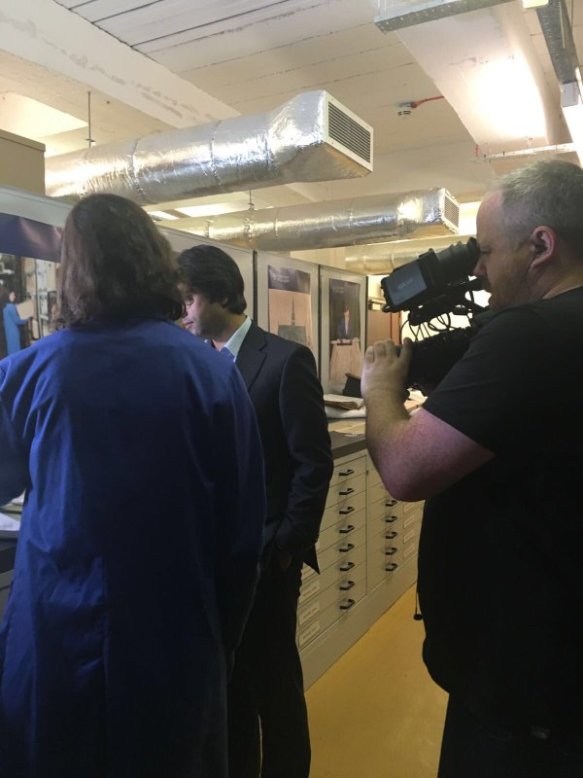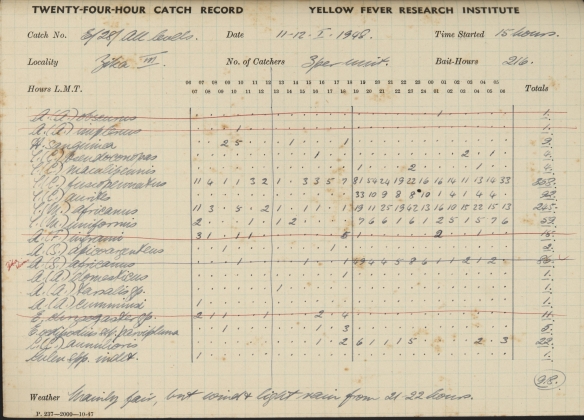Since its inception over 15 years ago, Glasgow Science Festival’s Creating Engineers competition has engaged thousands of school pupils with engineering through hands-on classroom K’NEX challenges. In 2006, Ross Cameron was one such pupil. Now Ross is training to be an engineer and helping to inspire the next generation of engineers through his outreach activities as a STEM Ambassador.

Who are you and what do you do?
My Name is Ross Cameron, I am 20 years old and currently work as a Structural Technician for a Civil Engineering Consultancy called Dougall Baillie Associates. I have just passed my first-year part time course at Glasgow Caledonian University for Environmental Civil Engineering and I am currently working towards my ENG Tech Institute of Civil Engineers membership.
What was your first experience of the Glasgow Science Festival Creating Engineers competition?
My first experience of the Glasgow Science Festival Creating Engineers Competition was the K’nex challenge in 2006 when I was at The Murray Primary school in P6. I have always loved building things from a very young age and when the challenge came to my school, I quickly partnered with my friend Wallace and we started playing with the K’nex. We won the class stage, the cluster stage at Claremont High School (which is now Calderglen High) and got to the regional finals. If I remember rightly the regional challenge was to build a windmill but alas we did not progress to the next stage. However just getting to that stage is an achievement in itself.
After that I was working away up until 5th & 6th of high school when I got involved in helping to run the class room & cluster stages of the K’nex Challenge at Calderglen High School. During my free periods I would spend the first hour of the school day once a week at The Murray Primary School to do the class room stage, then I helped out with the cluster stage at high school which was run by the Tech department at Calderglen High School.
What did you do when you finished school?
During my exams, I had been going to apprenticeship interviews with several IT companies e.g. Dell & IBM as I am very enthusiastic about computers, but had never taken IT at high school. However, I did take Advanced Graphic Communication gaining a qualification at B level. My friend, who had already been out of school for a year, was already working at Dougall Baillie Associates and called me to let me know that an apprenticeship opportunity was available and asked if I was interested. Up until that point I had never even considered Civil/Structural Engineering as an area of work to go for as I was too focused on my exams and interviews I had elsewhere. I emailed my CV to DBA though and was invited for an interview. I was then offered the apprenticeship at the end of my first interview at DBA, which was quite a surprise as every interview I had gone to before was always a ‘we’ll let you know’ at the end. I was quite taken aback that I had made such a good impression at interview to be handed the apprenticeship there and then.
What do you do now?
I am currently a fully qualified Structural Technician with two and a half years’ experience working full time at Dougall Baillie Associates and a Part Time student at Glasgow Caledonian University on the Environmental Civil Engineering Course. I am a STEM Ambassador and student member of the ICE currently working towards my ENG Tech ICE membership.
What made you get involved in the competition again as a judge? How was your experience?
I have been trying to be a pro-active STEM Ambassador for just over a year and unfortunately couldn’t commit as much time as I initially wanted to. But I knew that there was a lot of STEM events on in East Kilbride and it was just a case of making links. I emailed science Connects to let them know I had been involved in the K’nex challenge before and would be happy to help at any of the stages in the future. Donna then gave me the opportunity to be a judge at the Lanarkshire Regional Finals at the South Lanarkshire College which was something I wished to volunteer for.
Do you think that events like this are important?
Absolutely yes, these events are important. Our current education system expects teenagers to know what they want to do at a very young age with next to no ‘life’ experience. The only way for students to know what they want to do is to experience things relating to particular areas of work. For example, the GSF Creating Engineers challenge for engineering/problem solving.
If you had any advice for young people wishing to pursue science or engineering as a career, what would it be?
My advice for young people wishing to pursue science or engineering as a career would be to say, if you can, go for an apprenticeship, work experience is more important and sought out more now especially in the engineering world. Getting paid to work & study is a pretty good deal, especially when you will have experienced colleagues to help you with your studies.
We wish Ross all the best with his outreach and engineering career!



 1. Who are you and what do you do?
1. Who are you and what do you do?